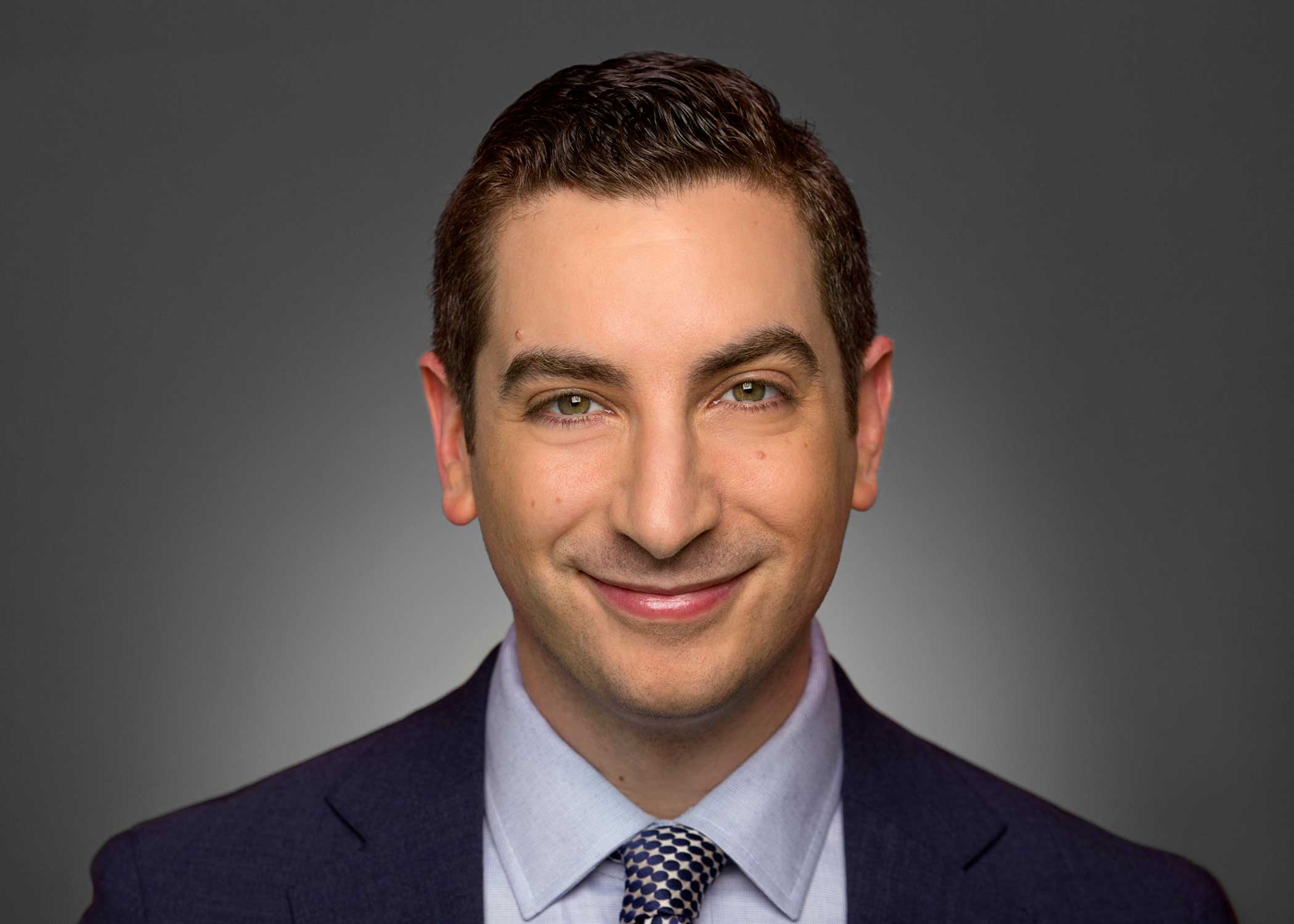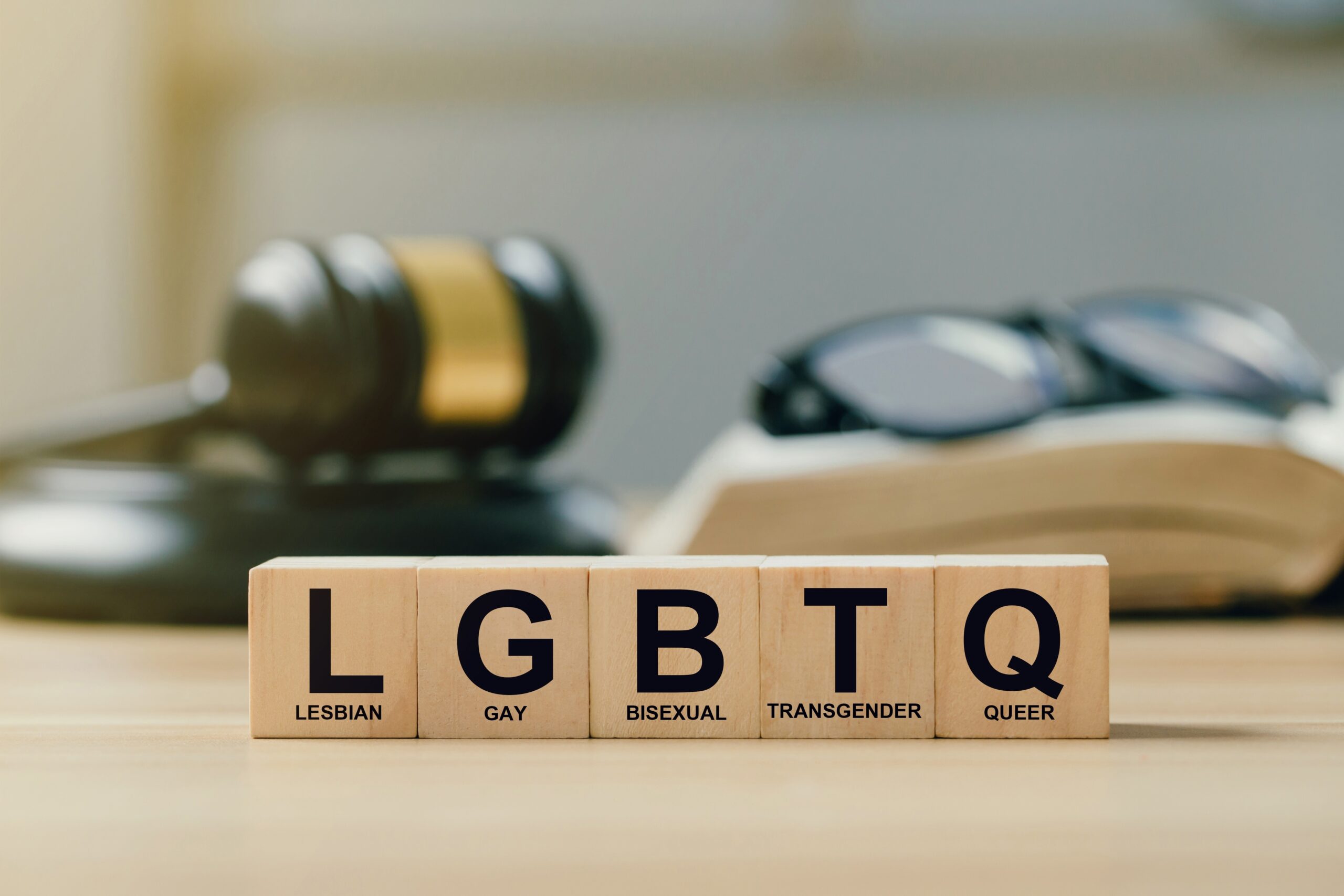Looking Ahead: EEOC Protections for LGBTQ+ Workers Under the Trump Administration…Again
By Ethan Krasnoo
Concerns for the protections of vulnerable groups by federal commissions were at the forefront of social policies on the ballot with the recent U.S. presidential election. The 2024 election was widely described in the media as one where our very democracy was at stake, and these concerns distorted into legitimate fears for many voters. The Trump administration will resume its occupancy of the White House in 2025, and with that renewed administration, there may be impacts with respect to protections regarding LGBTQ+ employees at the Equal Employment Opportunity Commission (EEOC). This article examines the recent momentum and evaluates anticipated changes with respect to such protections.
Just six months before Joe Biden would be sworn in as President in January 2021, the U.S. Supreme court held by a 6-3 vote in Bostock v. Clayton County, Georgia that Title VII of the Civil Rights Act of 1964’s prohibition against sex-based discrimination includes biases based on sexual orientation and gender identity, thus siding with the EEOC’s prior interpretation of the statute, and perhaps setting the precedent for the trend to come with respect to EEOC protections of LGBTQ+ individuals.
Tracking the cases the EEOC has taken on since the Bostock decision, there has been a steady increase in the amount of EEOC suits that have to do with LGBTQ+ discrimination in the workplace. In the last fiscal year alone, 7% of the Commission’s merit suits alleged sex-based bias on behalf of LGBTQ+ individuals. This includes four cases based on sexual orientation and three based on gender identity. In fact, the percentage of merit suits on behalf of LGBTQ+ individuals has risen steadily each fiscal year since 2021, indicating the EEOC’s intention to make good on its promise to protect vulnerable and underserved communities in the workplace – LGBTQ+ individuals being categorized in this group.
Will this upward trend in LGBTQ+ workplace protections be thwarted by the returning Trump administration? While the policies of the incoming President and his cabinet do not prioritize LGBTQ+ rights and protections in the workplace, not all hope is lost for continued support from the EEOC.
The momentum toward more protections and support for LGBTQ+ individuals by the EEOC does not necessarily end with the Biden administration. While it is true that the five commissioners of the EEOC are appointed by the President and confirmed by the Senate, the current democratic majority in the EEOC will remain until 2026. With a 3-2 majority, the democratic commissioners have the potential to curb the anti- Diversity, Equity, and Inclusion efforts proposed by the incoming administration until the end of their term in 2026. After that point, time will tell if, like in Trump’s first term, the Department of Justice and the EEOC will once again be at odds with their previously supported views on several civil rights protections for LGBTQ+ individuals.
But even after the expected 2026 majority shift, LGBTQ+ individuals can find both solace and hope in the fact that, even if its momentum if stifled by the EEOC, Bostock is expected to remain precedential in protecting LGBTQ+ individuals under Title VII, and employees can pursue such legal claims outside the scope of the EEOC. Further, the younger generation, the most socially aware and inclusive generation to date, is entering the workforce and continues to demonstrate tremendous promise as they speak up against discrimination and advocate for equitable treatment for LGBTQ+ individuals in the workplace and beyond. Even if the EEOC’s function becomes more limited, litigation is but one tool in the EEOC’s arsenal against discrimination – the most powerful tool is individual accountability, which cannot be wiped out by any administration’s policies.
 This article is intended as a general discussion of these issues only and is not to be considered legal advice or relied upon. For more information, please contact RPJ Partner Ethan Krasnoo who counsels clients in areas of complex commercial litigation, arbitration, mediation and dispute resolution, and employment, intellectual property, and entertainment and media. Mr. Krasnoo is admitted to practice law in New York, the United States District Courts for the Southern and Eastern Districts of New York, the United States Court of Appeals for the Second Circuit and United States Tax Court.
This article is intended as a general discussion of these issues only and is not to be considered legal advice or relied upon. For more information, please contact RPJ Partner Ethan Krasnoo who counsels clients in areas of complex commercial litigation, arbitration, mediation and dispute resolution, and employment, intellectual property, and entertainment and media. Mr. Krasnoo is admitted to practice law in New York, the United States District Courts for the Southern and Eastern Districts of New York, the United States Court of Appeals for the Second Circuit and United States Tax Court.

